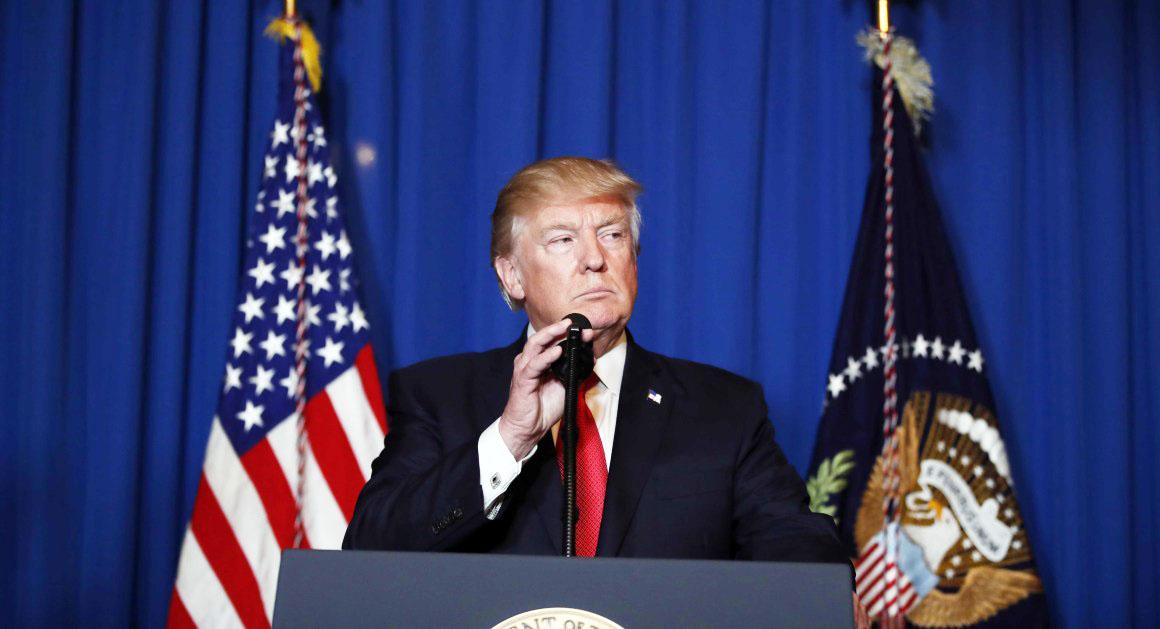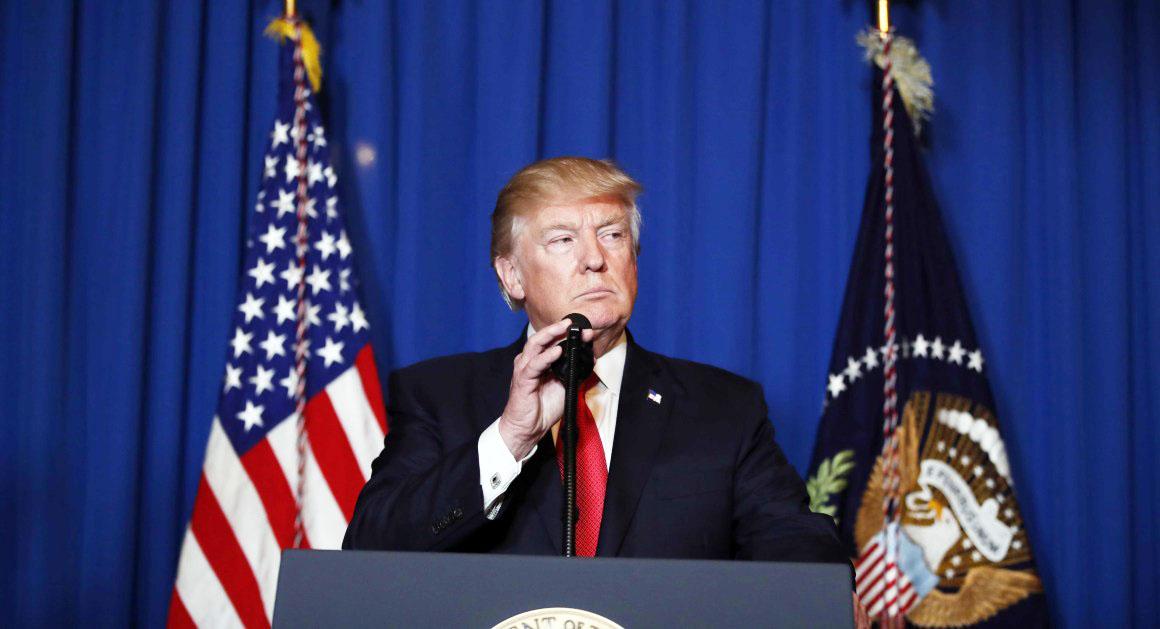The primary concern was alienation on Thursday night, as four Sonoma State University faculty members met to discuss U.S. foreign relations now that Trump is president.
Anastasia Tosouni, a criminology and criminal justice professor, began the talk with examples of Trump’s administration alienating women.
“A crackdown on illegal immigration seems good in theory,” Tosouni said, “but the reality is it is oppressive and will have many unintended consequences on women.”
In El Paso, Texas, U.S. Immigrations and Customs used a survivor of domestic violence as an opportunity to arrest the victim because she was an undocumented immigrant. “She had gone to court to file a restraining order against her partner,” Tosouni said, “and ICE was waiting for her and arrested her outside the courthouse.”
Tosouni says many women are not reporting violent crimes for fear of deportation. “Not only women who are not here legally, but also women who are from Mexico and here legally,” Tosouni said. “The whole immigrant community lives in perpetual fear of being harassed by ICE.”
Changling Wo, a Sonoma State English professor, reframed the alienation to the relationship the US has with China. “Trump’s administration has created a ‘dialect of hostility’ with China,” Wo said, “and much of the country has adopted it.”
Wo emphasized that many of the good things China is doing to improve social justice and reduce poverty are being overlooked because communism is so prevalent there. “Don’t fear China, don’t jump to conclusions about its central government,” Wo said. “Our efforts should be focused on engaging each other and making the world we want together in the process.”
Assistant Professor of Criminology & Criminal Justice Studies Napoleon Reyes spoke about a shift in the language of politicians. “When it comes to domestic issues, social welfare rights, civil rights,” Reyes said, “there has been a declining focus of presidential rhetoric when it comes to those rights.
“Presidents are becoming less and less vocal about human rights commitments,” he said. “In fact, they refuse to refer to those issues as human rights. They still profess commitment to them, but they refuse to address them as such.
“Speaker Paul Ryan was asked if there was such a thing as a human right to health care,” Reyes said. “He sidestepped the question, refusing to address it.” Reyes explained this behavior is not unique to any one politician or party but is a pattern that emerged after the presidency of Franklin D. Roosevelt and has steadily gotten worse.
Paul Wandling, an English professor, concluded the forum with a talk in Darwin Hall about the relationship between imagination and nationalism. “Trump’s campaign centered around building a wall to keep people out,” Wandling said. “Why not tear it down and let people in?”
“So much of a political campaign is centered around which party can deal with the ‘issue’ of immigration best,” Wandling said, “but I’m ready to move past it entirely.”
“There’s an attitude of ‘we have to protect our stuff,’ when in actuality I think we just need to learn to share it better.” Wandling quoted and agreed with an observation made by Pakistani author Mohsin Hamid. “People are going to move, things are going to change, and yet many of our leaders are telling us to go back to a time when it was good,” Hamid said. “In Britain it’s go back to before the European Union, in America it’s ‘Make America Great Again.’”
“The question for you and your generation is,” Wandling said, “How are we going to organize and build upon the idea of a better world.”




































